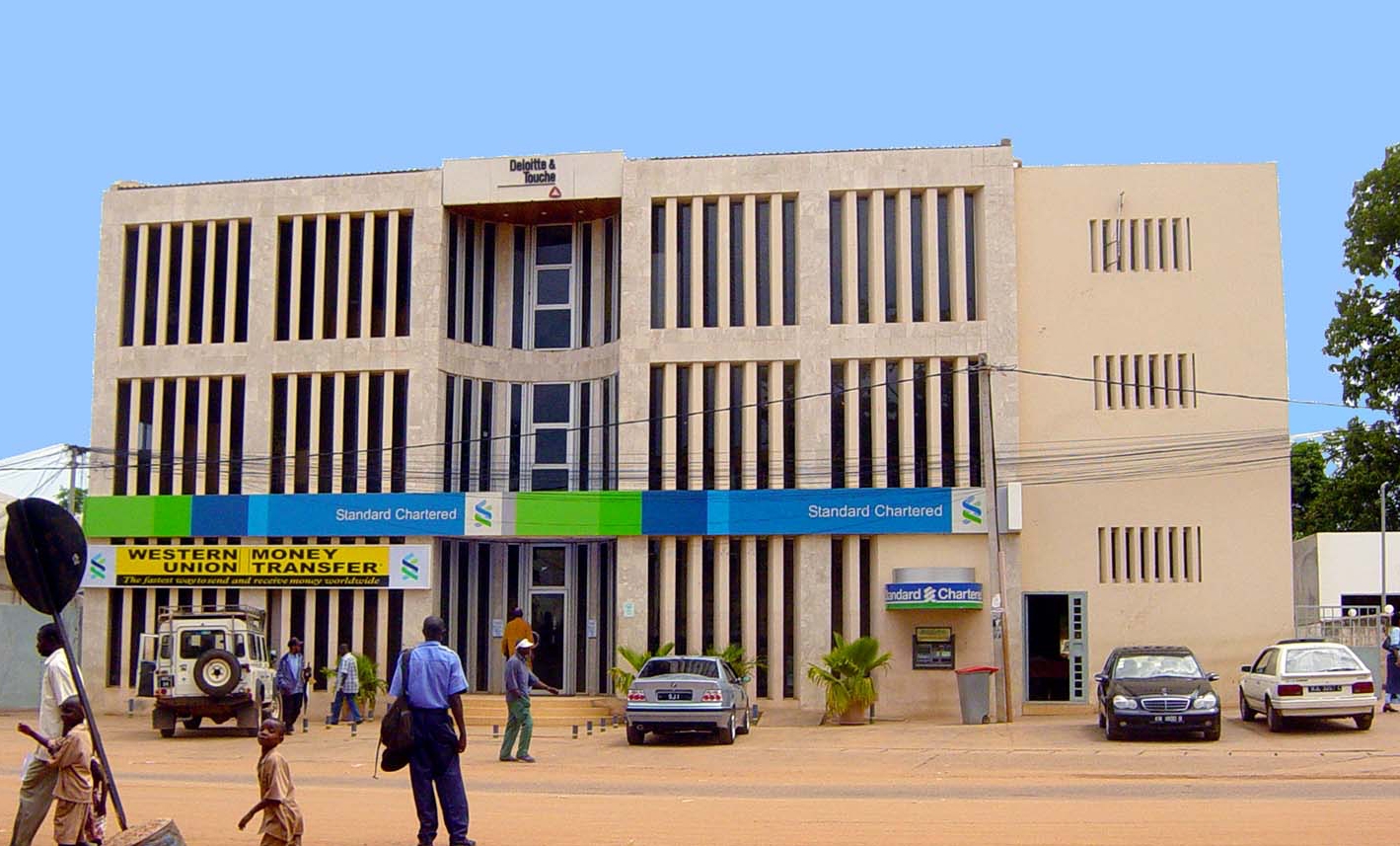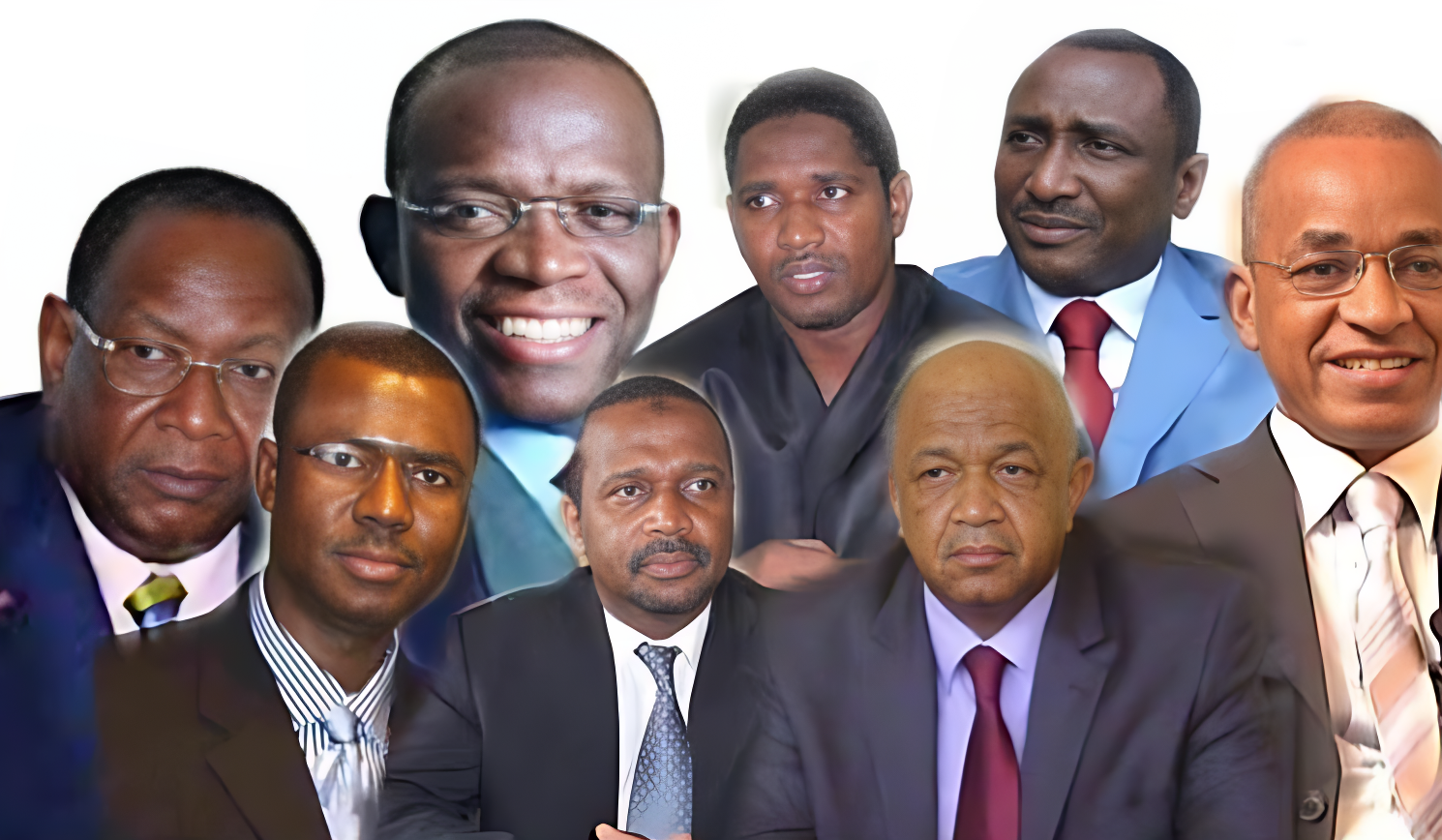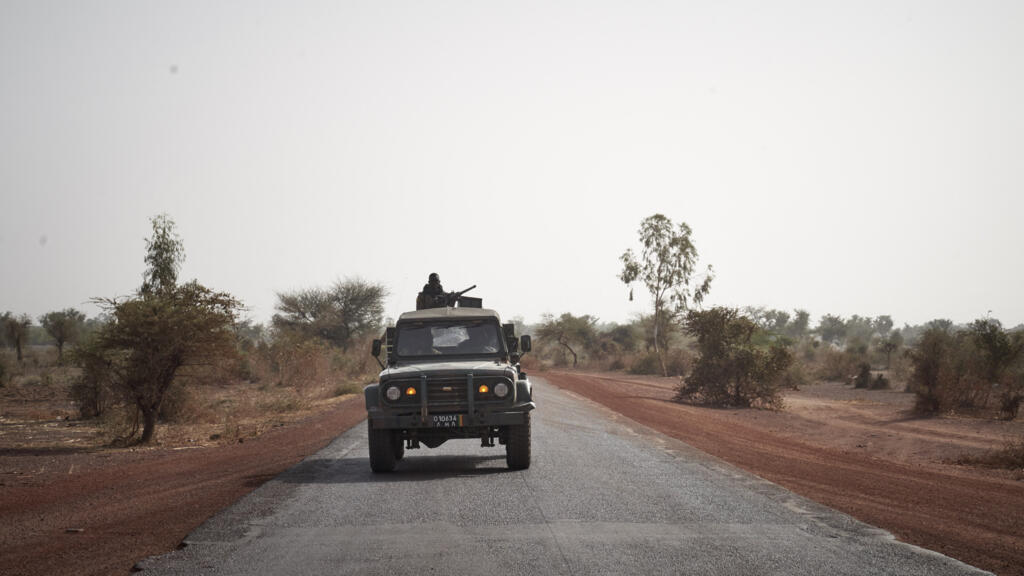Gambiaj.com – (BAMAKO, Mali) – Mali’s transitional government this week dismissed three senior military officials and suspended the operations of Diarra Transport, one of the country’s largest coach companies, in a move that reflects both internal strains within the armed forces and the growing reach of jihadist influence over national life.
Announced on Wednesday, October 22, the dismissals affected the Deputy Chief of Staff of the Armed Forces, the Chief of Staff of the Army, and the Director of Military Security, three strategic positions at the heart of Mali’s defense structure.
Transitional authorities offered no public explanation, but multiple security sources told Radio France Internationale (RFI) the officials were accused of “laxity and negligence” in the face of worsening insecurity.
The reshuffle comes amid a prolonged deterioration of the security environment. Over the past six weeks, the al-Qaeda–linked Group for the Support of Islam and Muslims (JNIM) has imposed an embargo on fuel entering the country, aggravating economic pressure and exposing the limits of Bamako’s control despite repeated claims of the army’s growing capacity.
Symbolic Change, Enduring Continuity
Analysts and insiders view the reshuffle less as a strategic recalibration and more as an exercise in political containment. General Oumar Diarra, the Chief of the General Staff and a central figure in the transitional hierarchy since its inception, remains untouched.
“Nothing will change; they’re replacing subordinates, not the architect of the current approach,” a Malian security officer told RFI. The newly appointed generals, Élisée Jean Dao, Sambou Minkoro Diakité, and Toumani Koné, are all known loyalists of key power brokers within the junta, particularly Defense Minister General Sadio Camara and Transitional President General Assimi Goïta.
The pattern underscores a recurring feature of Mali’s transitional governance: power consolidation through patronage rather than institutional reform.
The reshuffle follows an August purge that saw several senior officers, including two widely respected generals, arrested for allegedly plotting to destabilize state institutions. Their continued detention at undisclosed locations has deepened unease within the army.
“There is a growing sense of mistrust and fatigue in the ranks,” one Malian analyst observed, suggesting that the junta’s focus on loyalty over competence risks eroding operational morale.
The Diarra Transport Affair: A Symptom of Parallel Authority
The suspension of Diarra Transport’s planned resumption of service adds another layer to Mali’s complex security landscape. The company had halted its routes in early September after JNIM accused it of collaborating with the army.
Earlier this month, the jihadist group publicly accepted the company’s apology and granted it permission to resume operations, on the condition that passengers comply with new social rules, including compulsory headscarves for women and a ban on cooperation with security forces.
By intervening to halt the resumption, Mali’s Ministry of Transportation appeared to be reacting less to the jihadists’ demands and more to the optics of the state’s loss of sovereignty. “The government now seems to be questioning an agreement that it tacitly allowed to happen,” said a source close to the mediation efforts.
Indeed, according to multiple accounts, the discussions with JNIM were facilitated not by Diarra Transport itself but by community leaders in central Mali, under the supervision of Malian intelligence services — and with the knowledge of senior officials.
The state’s subsequent attempt to distance itself from the arrangement, analysts say, highlights its weakening ability to control the narrative, let alone the terrain.
A State Under Siege
Together, the military reshuffle and the Diarra Transport suspension point to a broader dynamic: the gradual hollowing of state authority under the combined weight of internal fragmentation and insurgent encroachment.
While the junta projects strength through frequent purges and public rhetoric about sovereignty, its actions increasingly reveal a reactive posture, one shaped by the pressures of maintaining cohesion within the army while negotiating, indirectly or otherwise, with jihadists who now dictate terms in parts of the country.
As one political observer put it, “The Malian state is fighting on two fronts, against insurgents in the bush and against disillusionment in its own barracks.”
Until it can align its internal command structure with a credible strategy to reassert territorial control, Mali’s transitions in leadership are likely to remain cosmetic gestures masking a deeper crisis of governance.










